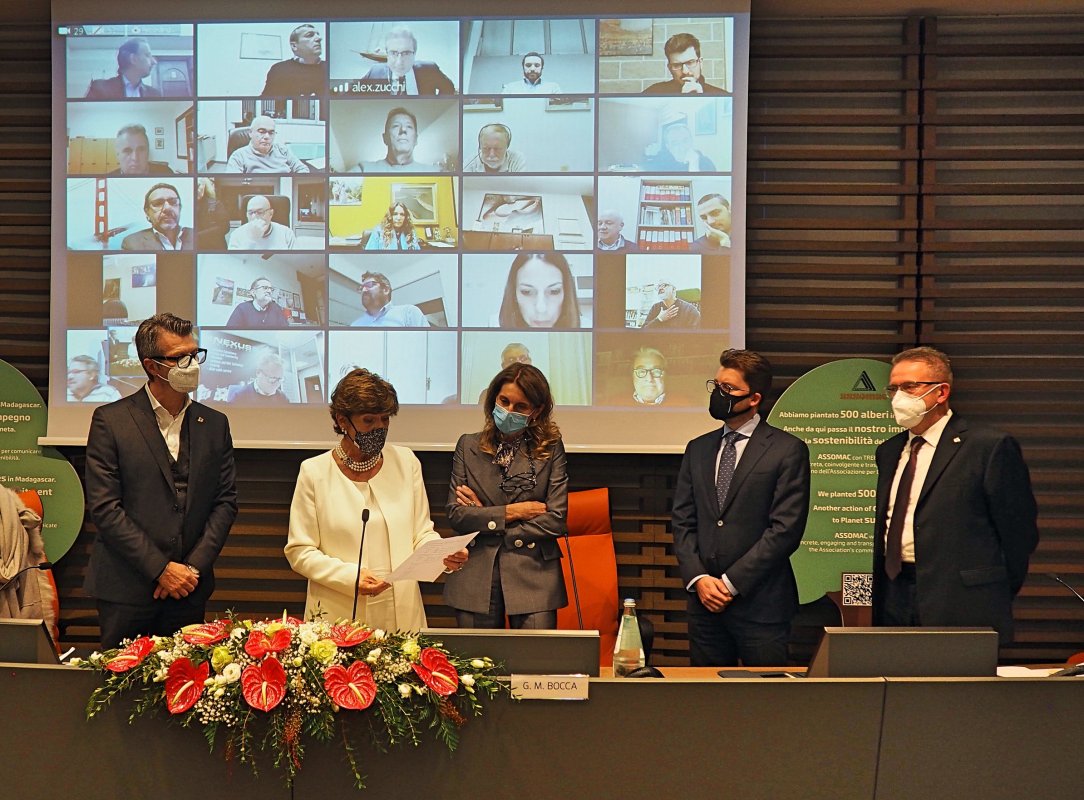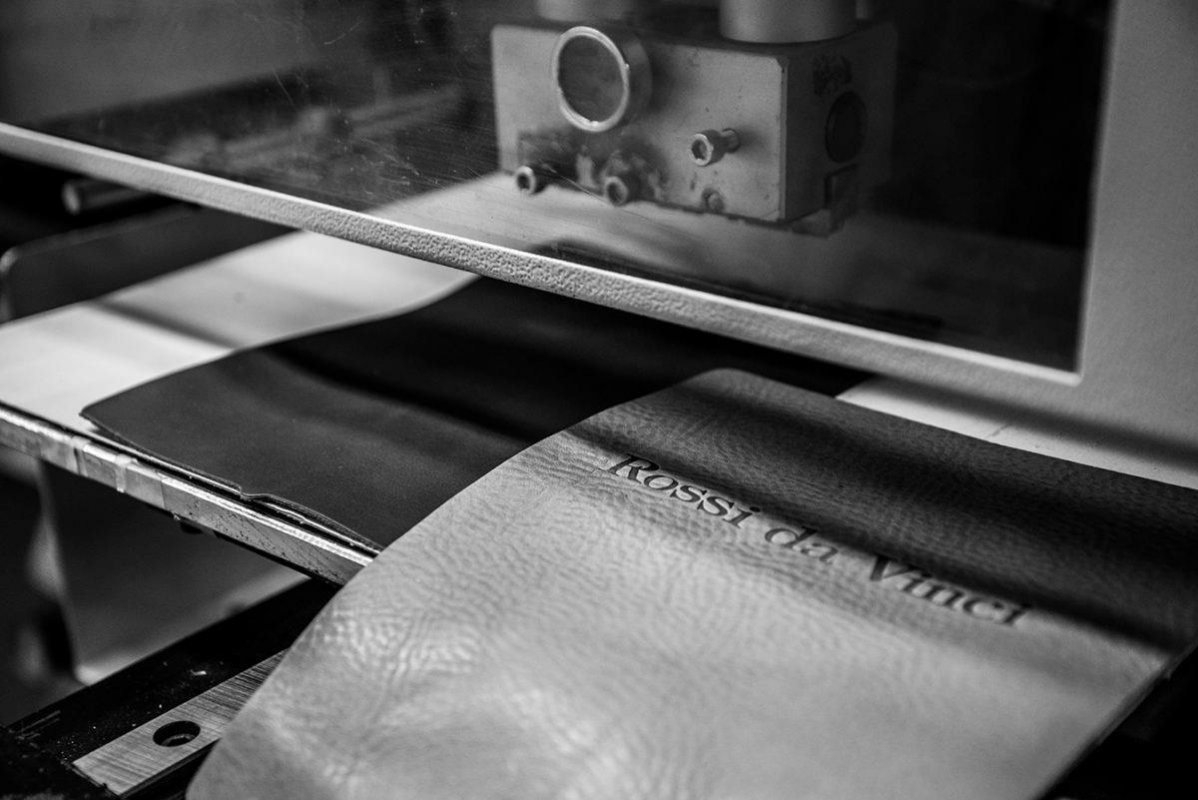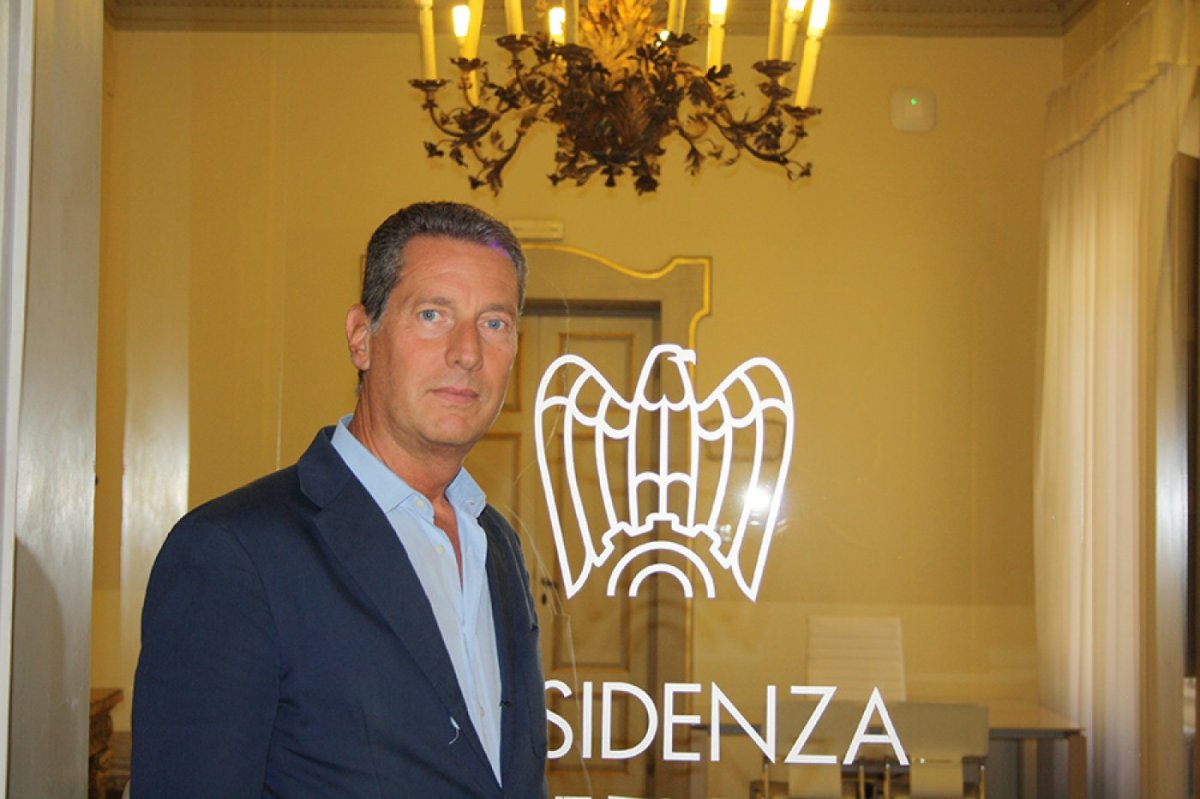News
Covid, ethics and consumption: the difficult challenge of Made in Italy
In a period of great uncertainty, the fashion system is trying to restart: the spring collections, their production, and fashion shows were cancelled, and the need to bring the sector back to full capacity is facing new fears and an economic situation that will take time to settle.
Faced with this situation, many have proposed a complete change in concept, questioning the standard pace that marks the presentation of new collections. The most striking voice was that of Alessandro Michele, Gucci's creative director, who said in June that "Gucci will present two collections instead of the five official ones, marked only by a creative need."
Starting from these considerations, we asked Massimo Giglioli, owner of the quilting and embroidery company bearing his name, for an opinion on the current situation, the restarting of companies, and the possibilities that Made in Italy could seize to look to the future without losing its identity.
- How did your company react to the Covid-19 emergency? And what did you “learn”?
We reacted very well, even if, obviously, the whole world has yet to restart with all the difficulties involved. We have always believed in this philosophy: if each of us, in our own small way, get stuck we contribute to the paralysis of the system. For this reason, in the past few months we have systematically called all of our clients to maintain professional and human relations.
That said, everyone has reacted to Covid-19 in a different way. This is an unprecedented scenario for everyone, nobody has a recollection let alone a recipe for “getting out” of this situation better. There are those who had fewer models on the catwalk, those who did their fashion shows online or postponed it, and those who imagined other scenarios: everyone has taken their own direction and it is now difficult to foresee who will have been successful. The market will give this answer, but it will do so in time: we will have to wait until January to see who will be rewarded. If uncertainty is already normally a danger, it is even more so at this stage. All the brands have iconic garments that form the basis of their turnover and allow them to dare during the year by proposing novelties and trends on other models. Daring this year will take three times the courage: without sales, even an established brand is struggling, with every gamble being problematic. In this case, being “big” does not necessarily mean being favoured.
- Could the future of fashion be a return to the past, at a more sustainable pace? Could Gucci's choice be the beginning of a new era or just a brave and lonely attempt?
I wish! When this article came out, I had my father, the founder of Giglioli over forty years ago, read it. It reminded me of an anecdote he used to tell me: “In my day, I already had the fabrics in house in January and I knew what deliveries I had to make and when”. From a planning perspective, it was another life. Now it is an impossible scenario: today, the order arrives followed by the materials to be processed after a week, and we must be ready to start immediately!
- The production cycle is linked to the number of releases, the collections presented, and their turn-over in the shops. In the face of an expected increase in quality, what are the economic risks that such a choice could entail?
This could be the downside, because a slowdown could lead to a huge cut to the entire supply chain.
20 years ago, Made in Italy could keep up with 2 seasons a year, since there was so much to do. If we went back to the two seasons, now that many have delocalized production, it would be a problem because objectively we could not keep up the numbers we are used to.
Let's also consider that the market has changed; before the same garment for everyone was fine, but today, everyone wants to differentiate themselves and we need different products. Customisation has influenced the increase of the seasons. Either the numbers return to the way they were before, hypothetically bringing all the production back to Italy, or it is impossible to present just two seasons without a drastic downsizing of the satellite activities.
- At an ethical level, what value could such a choice have? Would a less hectic pace improve the widespread perception of the fashion world?
Made in Italy is synonymous with quality. As one who works there, I must be the first to contribute to enhancing it. It's an ethical choice that perhaps has to be made first in terms of consumption and then in terms of production; the problem, of course, is that we are faced with a huge price range. Unfortunately, at times the consumer has no choice to minimise costs.
- How can the difference in quality and ethics be enhanced?
I work with many brands that expressly request Made in Italy, but the average producer is often unsuccessful. The family businesses that were the pride of Made in Italy in the world were average brands that have now delocalized to stay on the market; the new medium brands either differentiate themselves in a profound way or produce Made in China.
One last consideration: those who initially experimented with Made in China produced basic lines “for everyday use”, with lower quality, without renouncing Made in Italy high quality production. Today this division no longer exists, as Made in China for many consumer targets has come to cover every need. In part, it is also our fault: perhaps delocalization was a game that rewarded some in the short term, but in the long term it hurt the entire sector.


